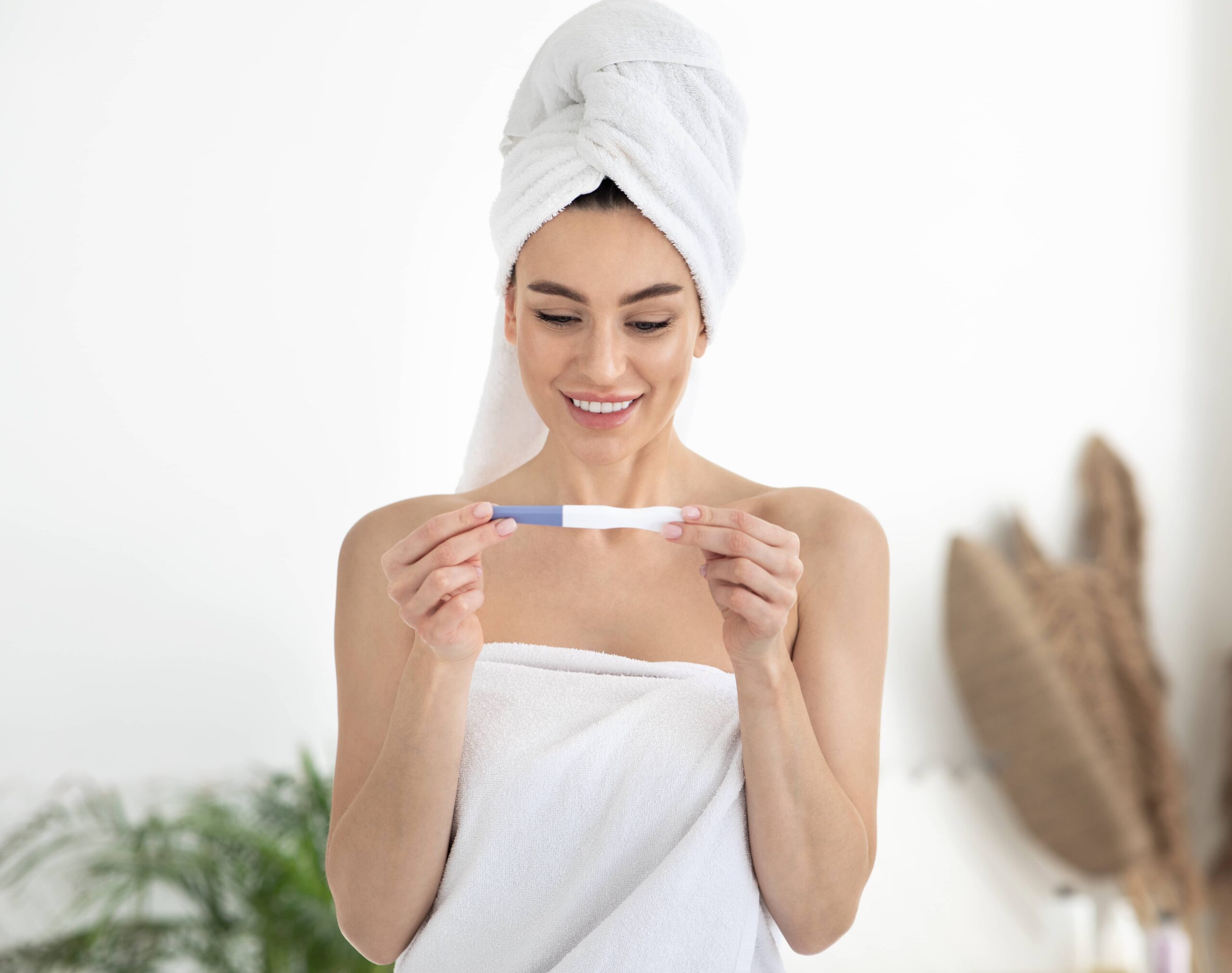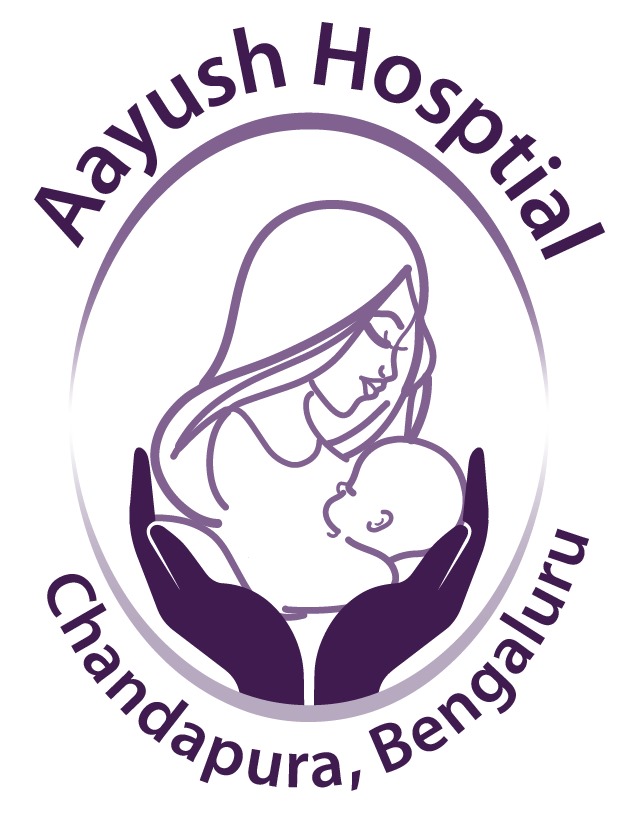Fertility Assessment – Female
Fertility Assessment – Female

Many couples struggle with infertility. A woman may be labelled as infertile if she has been unable to produce a child for more than a year despite having well-timed, unprotected sexual intercourse. However, there is no reason to fear it because infertility can be treated. Understanding what causes infertility is the first step toward fertility treatment. Several fertility tests may be required to confirm the cause of infertility in women.
We will thoroughly examine your record, including menstrual history, coital history, and medical and surgical history. We will also evaluate previous medical reports and treatments, so please bring previous medical records with you when you visit us. When testing for infertility, we will first perform a physical examination and ask questions to learn about the patient’s medical conditions and lifestyle. You may also be required to take one or more of the following tests:
Fertility Counselling
Infertility counselling is a way for patients to understand how they feel about infertility and the treatment procedure. It gives them a better understanding of the choices they make and helps them accommodate their feelings. It is a highly recommended step in the process of seeking in vitro fertilization.
Ovulation Induction
Ovulation induction is the response of the ovary to exogenous stimulation by direct or indirect method. Ovulation induction is to alleviate infertility due to anovulation in females of reproductive age. This activity reviews the ovulation potential of a reproductive female and assisted ovulation in anovulatory females.
Ovulation Monitoring
For as many as one in six couples, falling pregnant isn’t as simple as they expected. Ovulation cycle tracking is a good first step towards maximising your chance of conceiving naturally. With ovulation cycle monitoring, there’s no need for invasive fertility treatments, medication or surgery.
Ovulation tracking is a simple process that helps you identify your most fertile days of each month. This will help you plan intercourse and hopefully increase your chances of conception.
Intra Uterine Insemination (IUI)
When medication and timed intercourse fail, IUI is usually the first line of treatment. It is advised for patients who have a slight to moderate drop in sperm count and/or motility, or who have mild endometriosis. Ovulation induction may be coupled with IUI for women who do not ovulate on a regular basis. In addition, IUI is recommended for some couples who have been diagnosed with infertility without an obvious explanation (unexplained infertility).
In Vitro Fertilisation (IVF)
IVF is a method in which the woman’s eggs are extracted from her ovaries and fertilized in a laboratory with the man’s sperm to produce embryos. These developed embryos are then placed back into the uterus to induce pregnancy. The success of this procedure depends on the patient’s and her partner’s age, as well as their medical condition. The medical history is assessed before proposing this treatment, which includes the basic evaluation outlined in the infertility assessment procedure. In addition, the patient will be urged to get routine blood tests to assess their physical fitness. Additional tests to evaluate hormone levels or determine ovarian reserve may be recommended if needed. IVF is a prominent type of assisted reproductive treatment used to treat female infertility.
Schedule
- Fertility Assessment Male
- Fertility Assessment Female
- Endoscopy
- Ultrasound Services
- Obstetrics Service
- Gynecology Services


